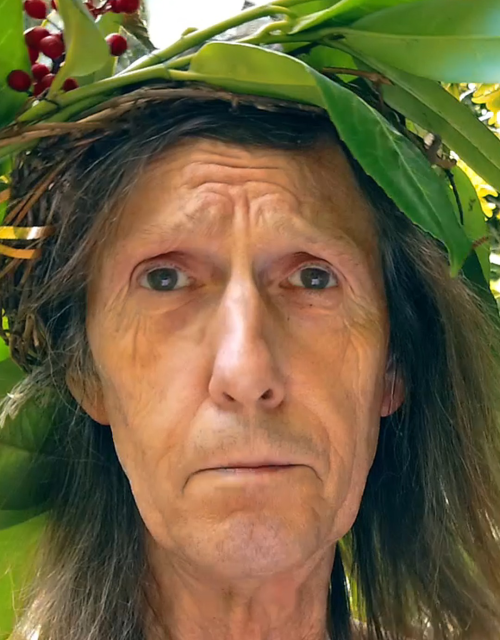Profession: Poet, Researcher, Retired Architect
Location: London, United Kingdom
Early Career and Background
Andrew Rea’s career began in architecture, where he honed his skills in detail and structure. After retiring, he transitioned to a new path as a poet and researcher, driven by his passion for history and artistic expression.
Focus on Anglo-Saxon England
Deeply interested in Anglo-Saxon England, Andrew has devoted years to independent research. He explores the era's political, societal, cultural, and mystical aspects, offering a comprehensive understanding of this historical period.
Poetry and Performances
Andrew is celebrated for his historic, rhythmic poetry that vividly brings the past to life. His performances, characterized by their emotional depth and historical accuracy, have captivated diverse audiences.
Specialization in Magic and Rituals
His research extends into the realms of ritual, charms, and magic in Anglo-Saxon England. Through his work, he reconstructs and translates ancient charms, merging academic research with the exploration of ancient mysticism.
Contributions to Historical Understanding
Andrew’s work illuminates the daily lives and beliefs of people in Anglo-Saxon times. He provides insights into elf mythology and its influence on linguistic and cultural aspects of the period.
Theatrical Involvement
Andrew Rea also showcased his talent in the theatrical sphere. He performed in a play titled 'Shakespeare' at the Horse Hospital, written by Professor Elchin and directed by David Parry. This role demonstrated his versatility as an artist, seamlessly transitioning from poetry to acting.
Collaboration with David William Parry
In 2014, Andrew participated in a project directed by David William Parry. He performed and wrote poetry for a 10-episode virtual performance called "Anglo-Saxon Poetry" for Art-The People's Voice. This collaboration highlighted his expertise in bringing historical poetry to life.
Legacy and Impact
Andrew Rea stands as a unique figure bridging the gap between the academic world and the arts. His work in poetry, research, and theater offers a fresh perspective on historical subjects, making them accessible and engaging to contemporary audiences. He is celebrated for his contributions to the understanding and appreciation of historical eras like Anglo-Saxon England.

